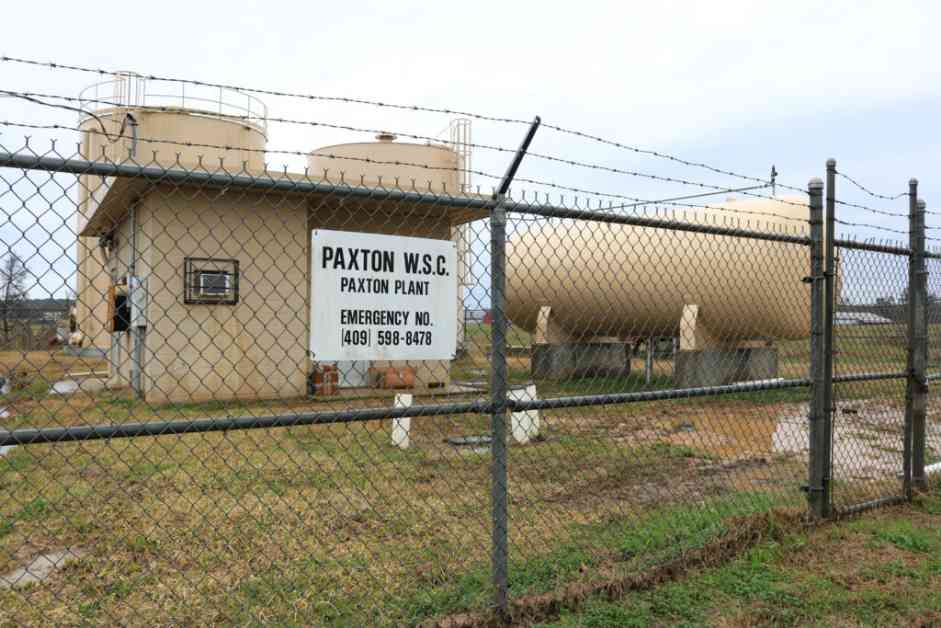Railroad Commission Approves Controversial Waste Disposal Permit in East Texas
After extensive deliberations, the technical staff of the Texas Railroad Commission recommended denying a permit to dispose of oilfield waste in Paxton, a small town in East Texas. However, in a surprising turn of events, the elected commissioners voted 2-1 in favor of approving the permit during the commission’s open meeting in January.
Commissioner Jim Wright defended the decision, stating that the application had undergone thorough review and met all commission requirements. This move sparked outrage among locals, including Eric Garrett of the Paxton Water Supply Corporation, who expressed concerns about potential impacts on the town’s water supply from the Carrizo Wilcox aquifer.
The approval allows for the disposal of non-hazardous oilfield waste, containing toxic heavy metals and petroleum-based chemicals, in commercial landfills. These facilities, spanning acres of land and generating significant truck traffic, have raised worries among residents and environmental advocates.
Residents Voice Concerns Over Water Contamination
The Paxton permit is not an isolated case in East Texas, as neighboring towns like Elysian Fields are also grappling with similar waste disposal facilities. McBride, the company behind these projects, has faced opposition and raised awareness among residents about potential risks to groundwater and surface water quality in the region.
Critics argue that much of the waste being disposed of originates from Louisiana, where regulations are stricter, leading to fears of contamination and environmental degradation in East Texas. The ongoing debate highlights the delicate balance between economic development, energy industry interests, and community well-being.
Implications for Environmental Safety and Regulation
As the controversy unfolds, stakeholders on all sides emphasize the need for stringent regulations and oversight to ensure the protection of public health and the environment. While proponents of the waste facilities cite economic benefits and job creation, opponents stress the importance of safeguarding water resources and local ecosystems.
The role of regulatory agencies like the Railroad Commission and the Texas Commission on Environmental Quality comes under scrutiny, with calls for greater transparency, accountability, and community engagement in decision-making processes. Balancing competing interests and addressing environmental justice concerns remain key challenges for policymakers and industry stakeholders alike.
The unfolding saga in East Texas underscores the complex interplay between energy development, waste management, and environmental sustainability in a rapidly changing world. As communities grapple with the implications of these decisions, the need for informed dialogue, collaborative solutions, and responsible governance becomes ever more apparent.
—
Martha Pskowski, a seasoned journalist based in El Paso, Texas, delves into the intricate web of environmental issues surrounding the Railroad Commission’s recent approval of a controversial waste disposal permit in East Texas. Through her insightful reporting and nuanced analysis, she sheds light on the challenges and opportunities facing communities in the region as they navigate the complex landscape of energy production, environmental protection, and public health.














